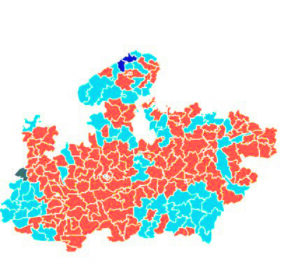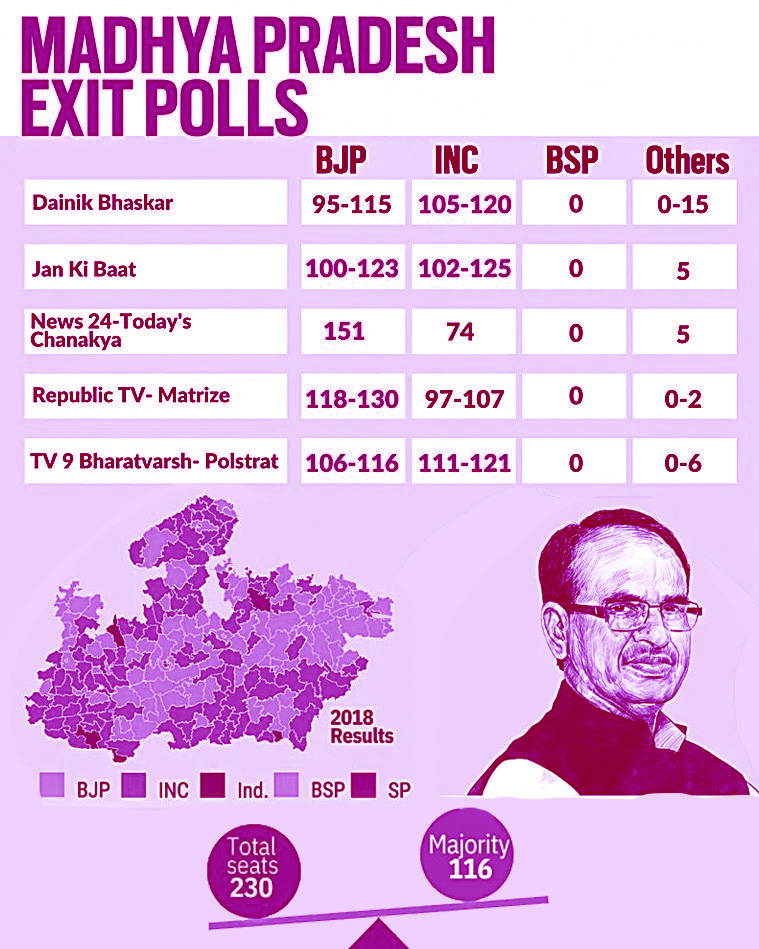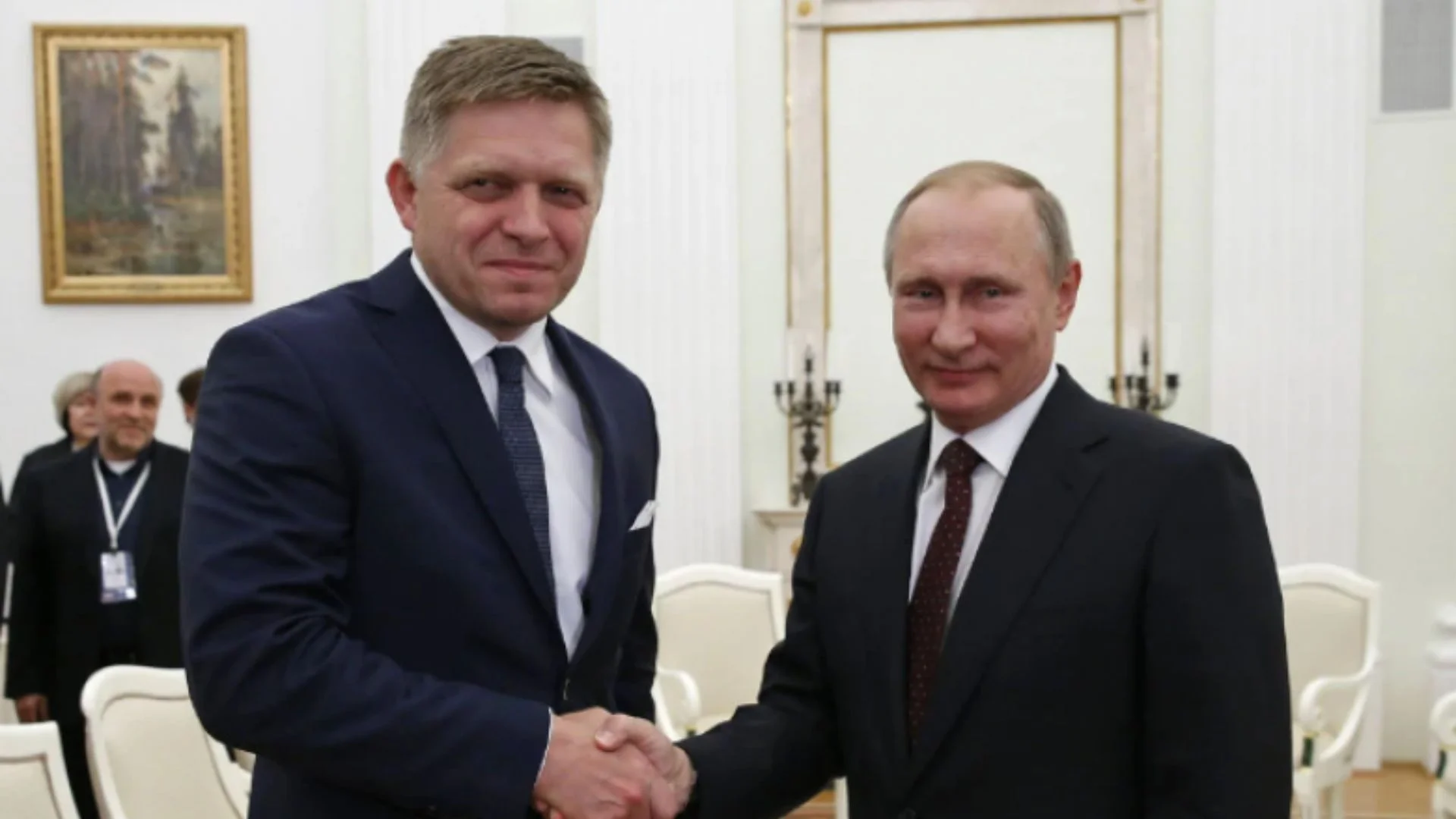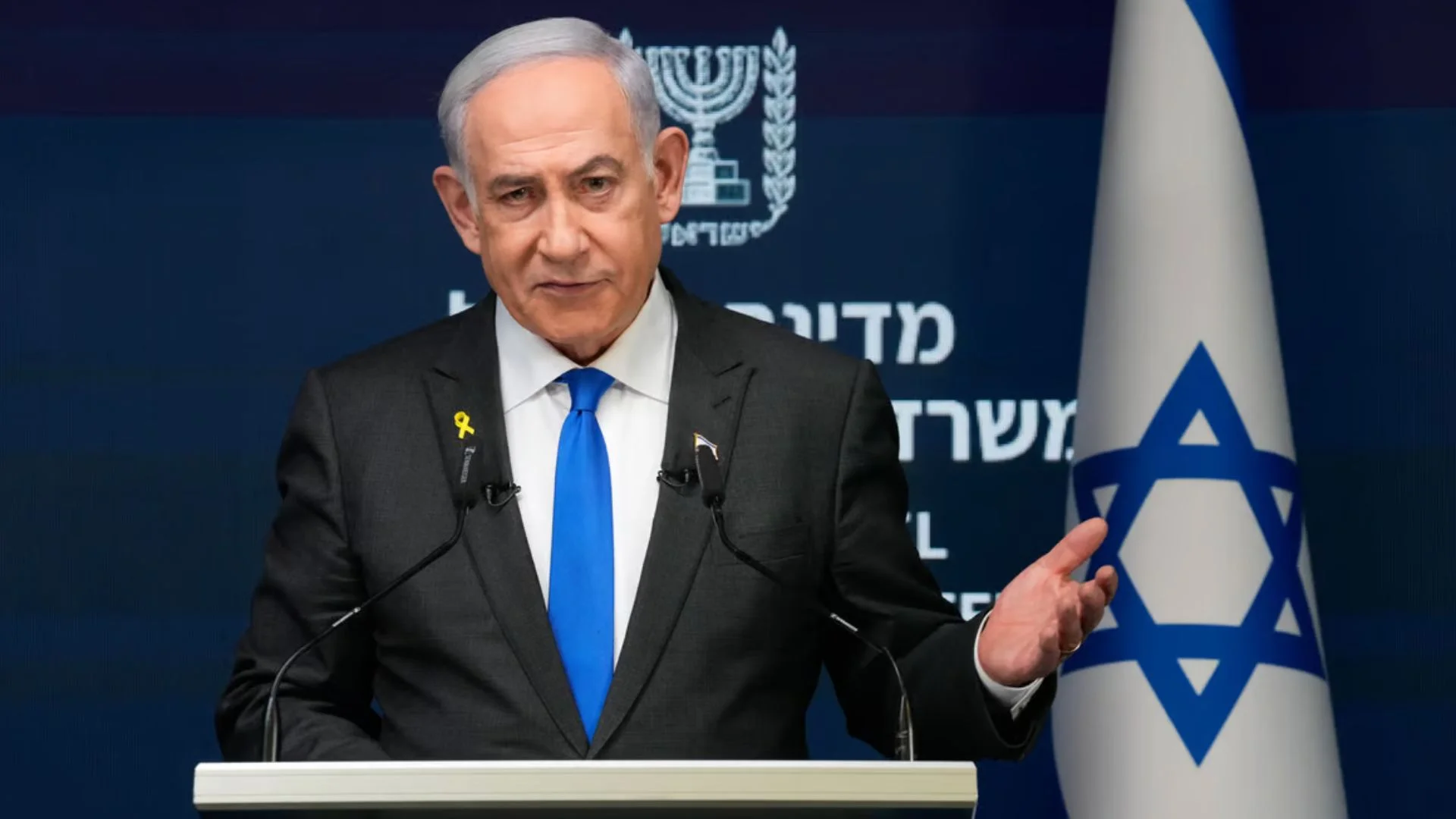Up until 1972, the Congress party received a clear mandate. From 1952 till now, 15 legislative assembly elections have taken place. Congress party ruled for 40 years in the span of 71 years, while BJP remained in power for around 21 years. The Janata Party held power for three years between 1977 and 1980.

In the elections before 1952, Congress came to power in a 232-member assembly. Congress won 194 seats, acquiring 49% of the votes, while the opposition Kisan Mazdoor Praja Party (KMPP) received only 5% votes. KMPP secured 8 seats, and the Socialist Party obtained 2 seats.

In the 1962 legislative assembly elections, after the delimitation, the seats increased to 288. Congress again won unilaterally, securing 142 seats while Jan Sangh got 41 seats, and the opposition Praja Socialist Party got 33 seats.
The 1967 election in a 296-member assembly saw Congress securing 167 seats, and Jan Sangh won 78 seats.
In 1972 as well, Congress received an absolute majority.
Post-Emergency, an anti-Congress wave swept across the nation. Opposition parties like Congress and the Communist Party formed the Janata Party. Several parties, including Jan Sangh and Socialist Party, merged into the Janata Party. In the 1977 Madhya Pradesh assembly elections, Congress was ousted from power for the first time, and the Janata Party won with 230 seats, making Kailash Joshi the CM. Congress had to settle for 84 seats.
In the midterm elections of 1980, Congress returned to power with a full majority of 246 seats. After changing its name from Jan Sangh, the Bharatiya Janata Party secured 60 seats. The formula worked in 1985, Congress formed a government with a full majority, and BJP, in opposition, was limited to 60 seats.
In 1990, BJP formed a government with a massive majority, winning 220 seats. Sundar Lal Patwa became the Chief Minister. In 1992, following the Babri Masjid demolition, the Centre dismissed Patwa’s government. In 1993, elections were held again in Madhya Pradesh, giving Congress an absolute majority with 174 seats. In 1998, Congress secured 172 seats again. Digvijay Singh formed a government for the second time with a full majority.
From 2003, BJP received a full majority three times. In 2003, the people gave BJP a full majority of 173 seats out of 230. In 2008, BJP’s seats decreased to 143, yet Shivraj Singh Chouhan secured a full majority. In 2013, amidst the Modi wave, BJP received a massive majority for the third time, winning 165 seats while Congress secured 58 seats. Post the Mandsaur incident, assembly elections took place in 2018. Congress won 114 seats while BJP registered victory on 109 seats. BJP had more votes than Congress in terms of percentage, but it faced a loss of 56 seats.







